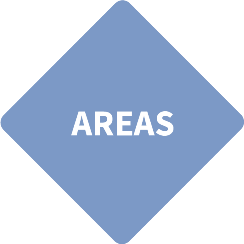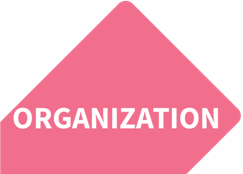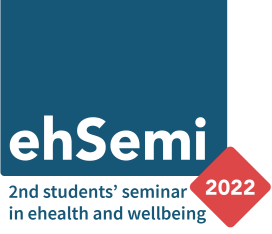
Abstract submission:
NEW DATE - October 25, 2021
Notification of acceptance:
NEW DATE - December 17, 2021
Camera Ready papers:
NEW DATE - January 6, 2022
Seminar Registration until Jan 14-2022:
15€ student | 25€ SC member | 30€ others
Workshop Registration until Jan 14-2022:
50€ student or SC member registered in ehSemi
70€ student or SC member not registered in ehSemi
70€ others registered in ehSemi
90€ others not registered in ehSemi
Workshop:
NEW DATE - February 2, 2022
Seminar:
NEW DATE - February 3, 2022
SUBMISSIONS
All contributions must be submitted by students (of all degrees) and must be anonymous. This means that all data which may reveal the authors’ identity, namely in the acknowledgments or references section, must be removed. All contributions will be peer reviewed by a panel of experts. Contributions may
be submitted both in Portuguese and English. Accepted contributions will be presented at the seminar in the same language they were submitted. Submissions should be done through EasyChair here.
PAPERS
Authors should submit an abstract with a maximum length of 500 words, excluding the references list. In-text citations and the references list should follow APA 6th style. The submission template can be downloaded here.
PUBLICATION
The abstracts of the papers presented in the seminar will be published in the seminar proceedings, under an ISBN reference on digital support. A selection of works will be invited to submit an extended version to be published in a book of the DigiMedia Collection, a UA Press book collection managed by DigiMedia focused on the publication of works in the scientific area of Digital Media.

The seminar welcomes original contributions in the following themes (and not necessarily limited to):
• Accessibility and Universal Design;
• Active and Healthy
Living;
• eHealth Inclusion, Resilience and Literacy;
• Social Media-based Interventions for eHealth and Wellbeing;
• Games and Gamification for eHealth and Wellbeing;
• Mobile
Health (m-health);
• New Media Contents and Applications for eHealth and Wellbeing;
• Sensors, Wearables, IoT and Virtual Assistants for Health and Wellbeing;
• Privacy and Security Issues in e-Health and Wellbeing;
• Health Promotion and Public Health campaigns;
• eHealth Portals and Big Data;
• AI and eHealth;
• Pandemics and eHealth.




